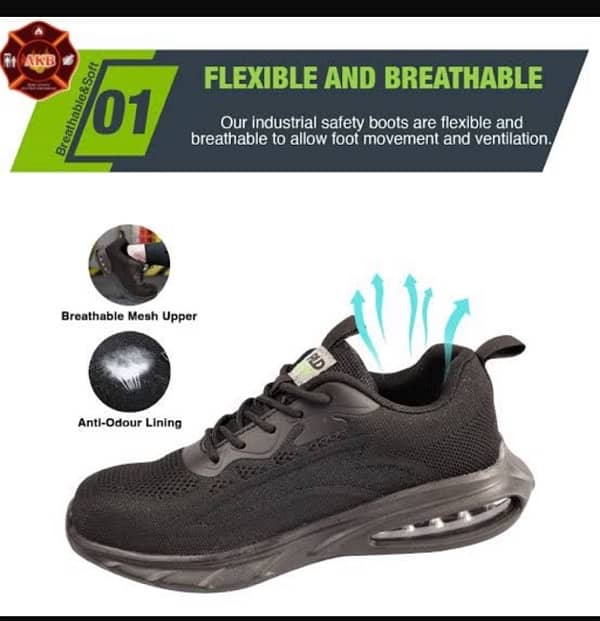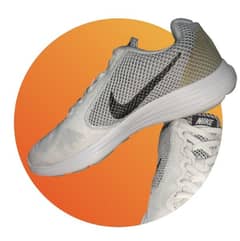1 / 1
Details
CategoryJoggers
SexMen
ConditionNew
Description
Safety shoes offer several important benefits, especially in workplaces or environments where physical hazards are present. Here are the main advantages:
Protection Against Physical Injury: Safety shoes are designed to protect your feet from heavy objects, sharp materials, or rolling items. They often have reinforced toes (steel or composite) to shield against crushing or impact injuries.
Slip Resistance: Many safety shoes come with non-slip soles that provide better traction, reducing the risk of slipping and falling, particularly in wet or oily environments.
Electrical Hazard Protection: Some safety shoes are designed to protect against electrical hazards by offering insulation and preventing electrical current from reaching your feet.
Support and Comfort: Good-quality safety shoes provide arch support and cushioning, which helps reduce foot fatigue, especially for people who stand or walk for long periods.
Protection from Chemicals: Certain types of safety shoes are made from materials that protect against chemical spills, oils, and other hazardous substances, which can cause burns or other injuries.
Prevention of Punctures and Cuts: With features like puncture-resistant soles and tough outer materials, safety shoes help prevent injuries from sharp objects like nails, glass, or other debris on the ground.
Compliance with Safety Regulations: In many industries, wearing safety shoes is mandatory to comply with workplace safety standards, helping companies avoid legal issues and maintain a safe work environment.
Related ads
Listed by private user
Asad Usman
Member since Apr 2021
See profile
Location
Pakistan
Ad id 1098068393
Report this ad



